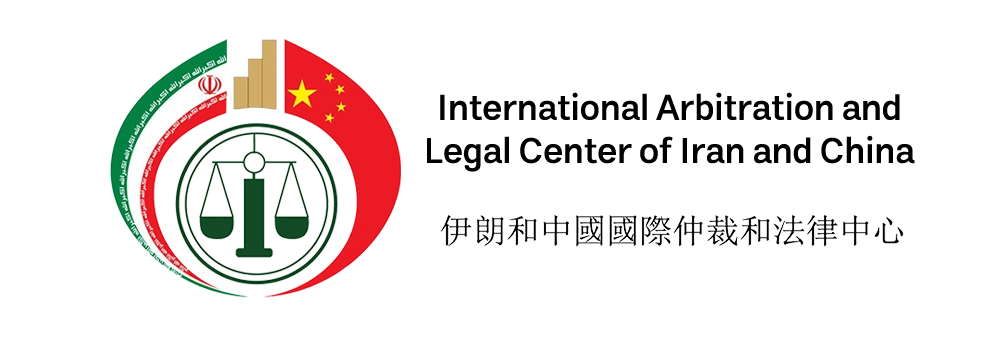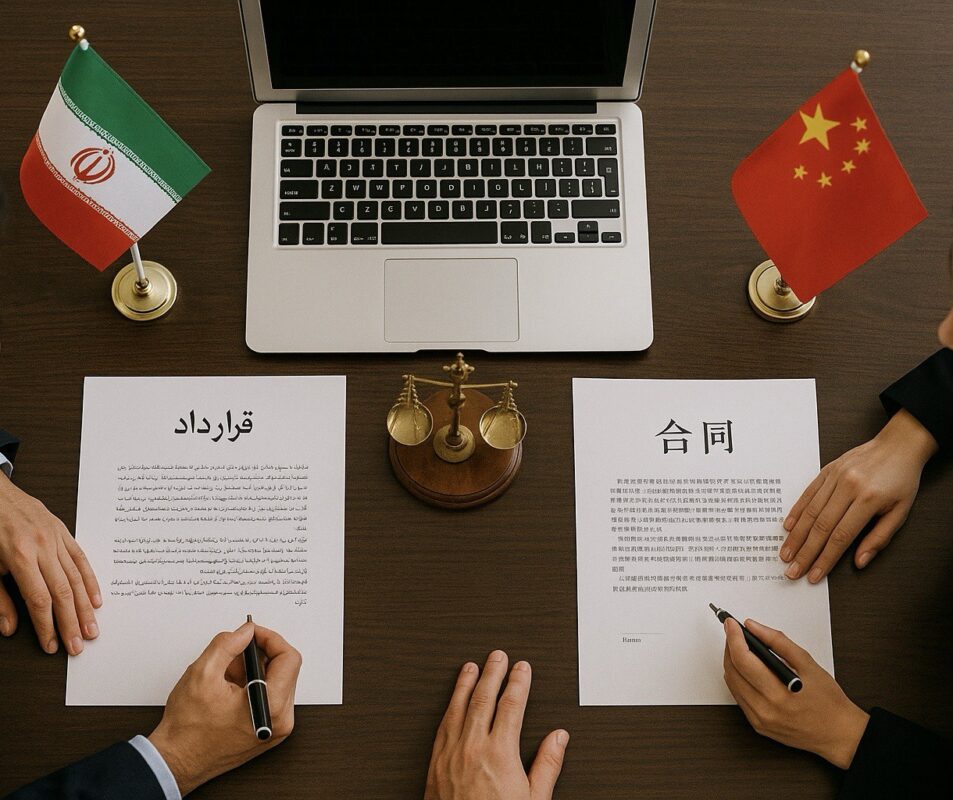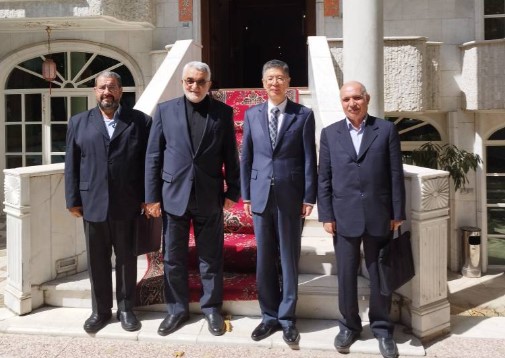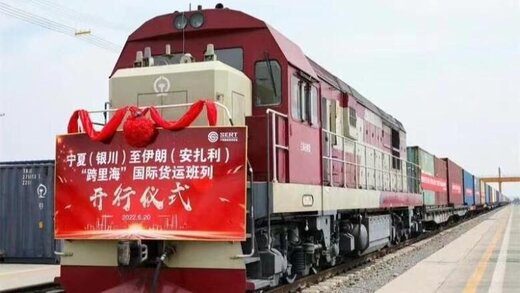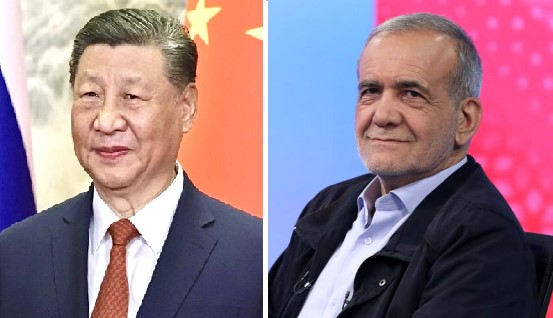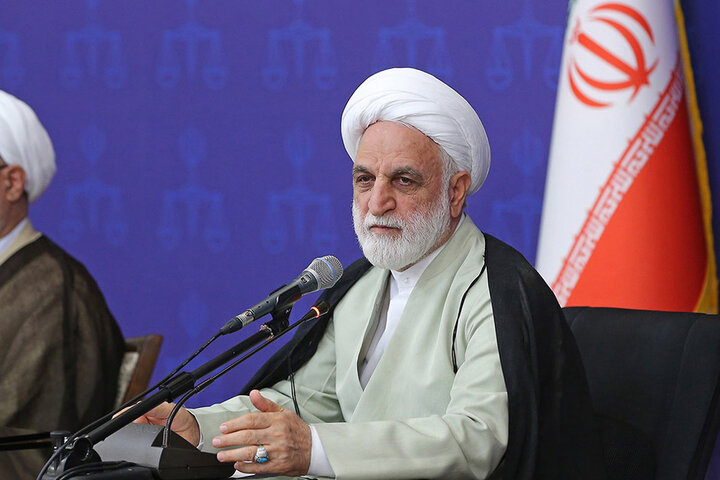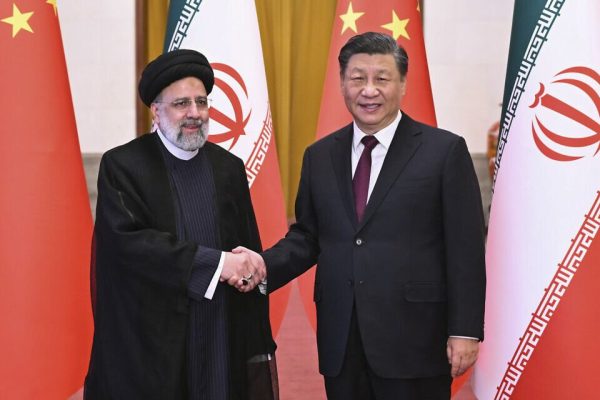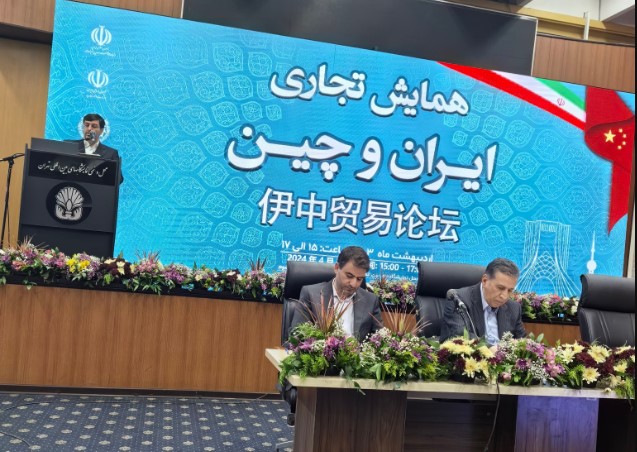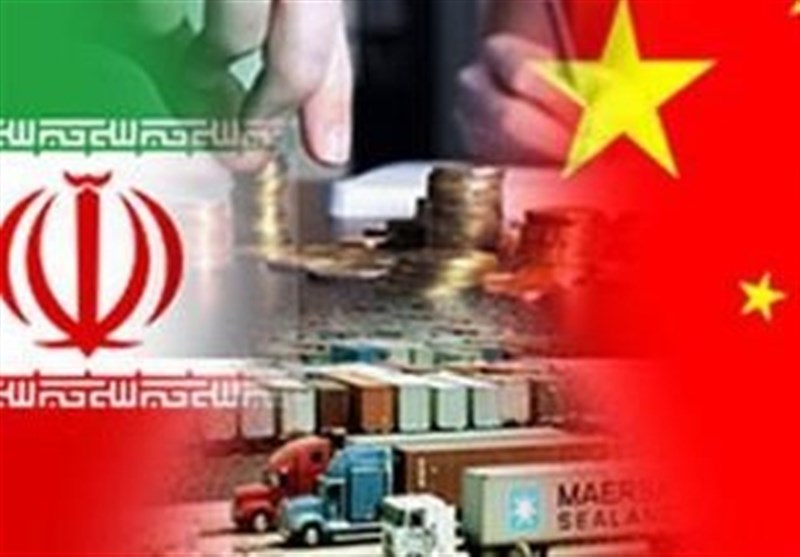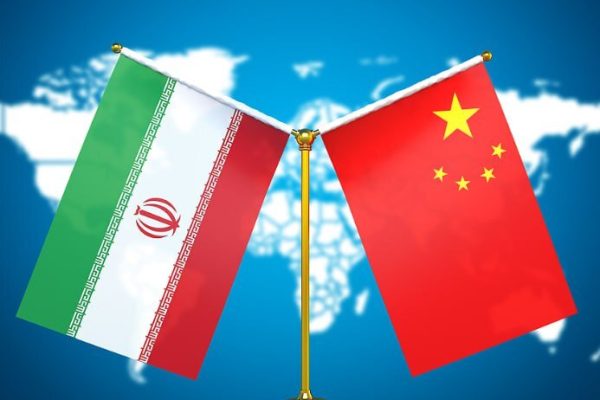Before delving into the New York Convention, it is important to understand that in the world of international trade, commercial disputes between companies and merchants are inevitable. One of the most important tools for resolving such disputes is international arbitration—a method that allows for neutral and often faster resolution instead of resorting to domestic courts.
But is merely issuing an arbitral award enough? No. More importantly, the recognition and enforcement of the award in different countries is crucial, and this is where the 1958 New York Convention plays a vital role.
Iran and China, as two member states of this Convention, have had extensive commercial interactions in recent years. In this article, we will closely examine the provisions of the New York Convention, its enforcement requirements, the positions of Iran and China regarding the enforcement of arbitral awards, and practical legal recommendations for business professionals and lawyers.
What is the 1958 New York Convention?
The New York Convention on the Recognition and Enforcement of Foreign Arbitral Awards, adopted in 1958 by the United Nations, is one of the most important international legal instruments in the field of commercial arbitration.
This Convention facilitates the recognition and enforcement of arbitral awards issued in one member state in other member states, thereby reducing the risks associated with enforcing international contracts.
To date, over 170 countries, including Iran (since 2001) and China (since 1987), have joined this Convention. This legal instrument ensures that, if the parties to a contract have an arbitration clause and an award is issued, that award will be recognized and enforced in member countries, except in limited cases outlined in Article V of the Convention.
Recognition and Enforcement of International Arbitral Awards under the New York Convention
The New York Convention—especially Articles III to V—provides a clear legal framework for the recognition and enforcement of foreign arbitral awards. In this section, we discuss the steps and requirements for enforcing an arbitral award in member states.
Article III – Obligation to Enforce Arbitral Awards
According to Article III, member states are obliged to recognize and enforce arbitral awards issued in other countries in the same manner as they enforce their own domestic awards. This principle forms the foundation of trust in international arbitration.
Article V – Acceptable Grounds for Refusing Enforcement
Article V allows the enforcing country to refuse enforcement under specific circumstances, such as:
🔹 Lack of legal capacity or violation of due process
If one party to the contract lacked legal capacity or was denied a fair opportunity to present their case, the award may be invalidated.
🔹 Exceeding the scope of arbitration
If the award includes matters not covered by the arbitration agreement, its enforcement may be refused.
🔹 Contradiction with the public policy of the enforcing country
If the content of the award conflicts with the fundamental legal or moral principles of the enforcing country, it may not be enforced.
Status of Iran and China in Implementing the New York Convention
Both Iran and China are signatories to the Convention, but their approaches to enforcement differ, and understanding these differences is critical for business professionals and legal practitioners.
🔸 Enforcement of Foreign Arbitral Awards in Iran
In Iran, under the Law on International Commercial Arbitration (1997) and based on the provisions of the New York Convention, foreign arbitral awards are enforceable. However, enforcement is subject to review by general courts, which may prolong the process.
🔹 Common Challenges in Iran:
· Lack of judicial experience in international arbitration
· Strict interpretation of public policy
· Lack of consistent legal precedent in award enforcement
🔸 Enforcement of Arbitral Awards in China
China, with extensive experience in arbitration—including through CIETAC (China International Economic and Trade Arbitration Commission)—has professional mechanisms for enforcing arbitral awards. However, local courts in China may, in certain cases, refuse enforcement for political or economic reasons.
🔹 Important Notes in China:
· The arbitration clause must follow formal requirements precisely.
· Referring disputes to reputable institutions like CIETAC or ICC is preferred.
· Official and certified translations of documents are essential.
